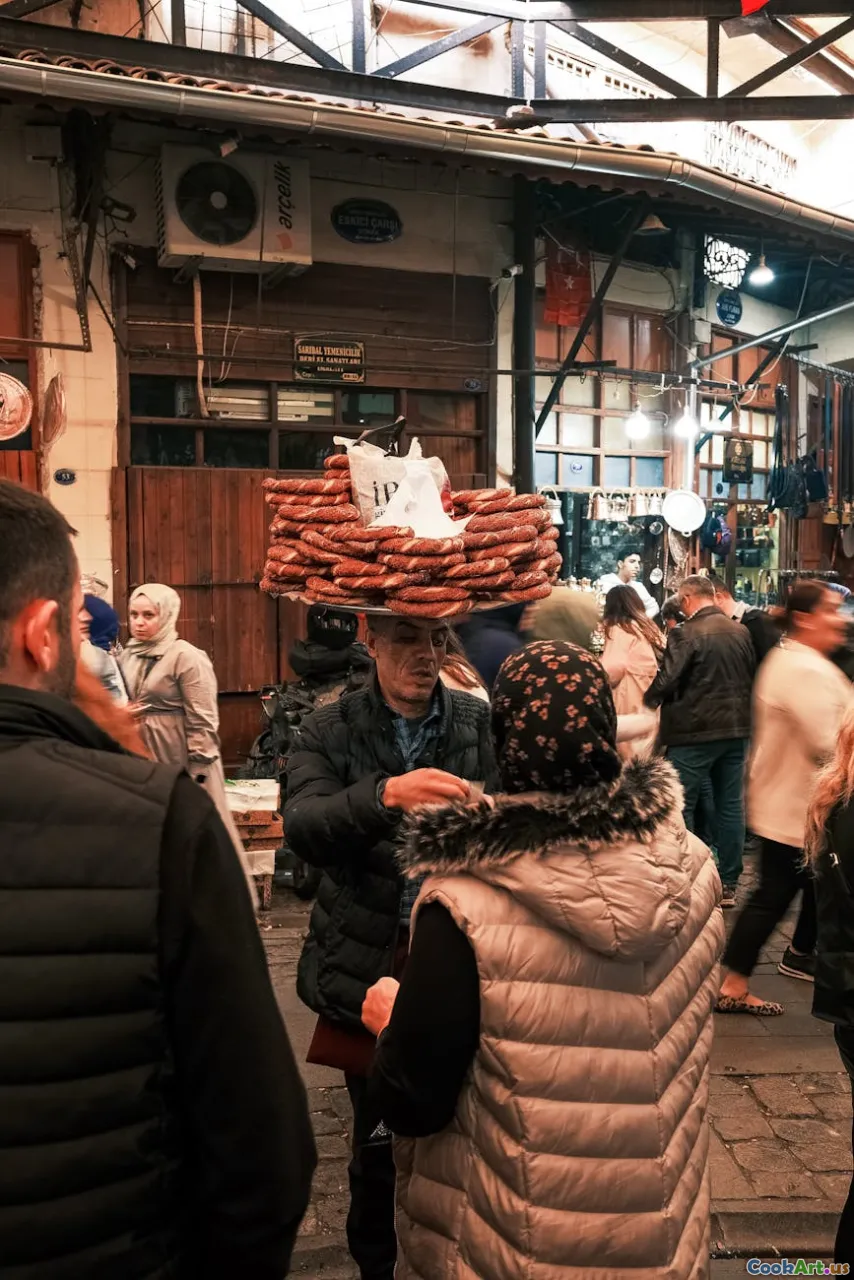Food Journeys: A Taste of Tradition
5 min read Explore how traditional foods shape cultures and connect generations in this engaging culinary journey. April 05, 2025 13:00
Food Journeys: A Taste of Tradition
Food has always been more than just sustenance; it is a medium through which we communicate our history, culture, and identity. Across the globe, traditional recipes and cooking methods tell stories of generations past, embodying the essence of the communities they originate from. This article delves into how these culinary journeys shape our experiences and memories, preserving the rich tapestry of our collective heritage.
The Roots of Culinary Traditions
Each cuisine is a reflection of its environment, influenced by geography, climate, and the resources available. For instance, the Mediterranean diet, rich in olive oil, fresh vegetables, and seafood, is a product of the sun-kissed shores and fertile lands of Southern Europe. Meanwhile, the hearty stews of Eastern Europe are shaped by the colder climate and the need for warming, nutritious meals.
Cultural Significance of Traditional Dishes
Traditional foods often play a central role in cultural celebrations and rituals. Take, for example, the tamales of Mexico, which are not just a dish but a symbol of family gatherings during holidays. The process of making tamales is communal, bringing together family members and friends in a bonding experience, echoing the values of community and togetherness.
The Art of Passing Down Recipes
Recipes are often passed down through generations, evolving yet retaining their core essence. Family recipes can be a treasure trove of history and memory. For many, cooking is a way to honor their ancestors, replicating dishes that evoke nostalgia and a sense of belonging. In many cultures, such as in Italy, it is common for nonnas (grandmothers) to impart their culinary wisdom to younger generations, ensuring that these traditions endure.
The Influence of Migration on Food Traditions
Migration has been a significant factor in the evolution of culinary traditions. As people move, they bring their food customs with them, leading to the fusion of flavors and techniques. The arrival of spices from the East transformed European cooking, while the adaptation of local ingredients has led to new interpretations of traditional dishes. This is evident in the curry dishes found across the globe, from Indian curries to Caribbean versions, each telling a different story of adaptation and influence.
Celebrating Food Through Festivals
Food festivals around the world celebrate traditional dishes and the cultural heritage they represent. Events such as the Oktoberfestin Germany, featuring local beers and sausages, or theHoli festival in India, where sweets and vibrant colors play a central role, highlight the importance of food in festival celebrations. These gatherings not only showcase culinary artistry but also reinforce cultural identity and community spirit.
The Future of Tradition
In an age of globalization and fast-paced living, many are seeking to reconnect with their roots. The revival of traditional cooking methods and organic farming practices reflects a growing appreciation for authenticity and sustainability. Cookbooks centered on heritage recipes are becoming popular, as home cooks strive to recreate the flavors of their childhood or discover their culinary ancestry.
Conclusion
Food journeys are an exploration of taste intertwined with culture and tradition. They provide more than just nourishment; they forge connections across generations and communities. As we enjoy the diverse flavors of the world, it is essential to appreciate the stories behind them, ensuring that the rich tapestry of culinary heritage continues to thrive and inspire future generations.









